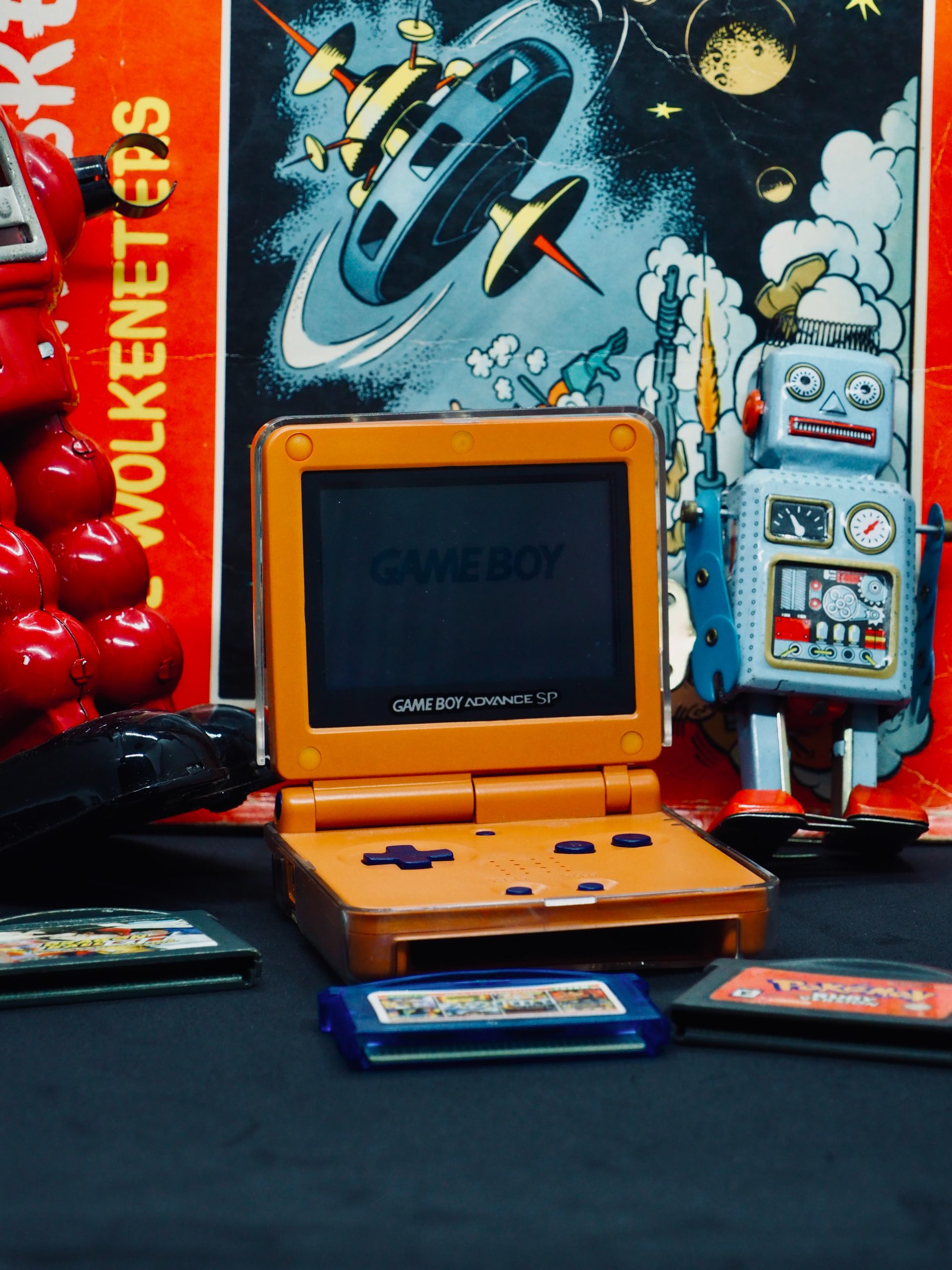In a bold move to expand its presence in the mobile gaming market, Sega has set its sights on acquiring Rovio Entertainment, the Finnish mobile game developer responsible for the hugely popular Angry Birds franchise. The deal, which is rumored to be in the final stages of negotiation, could have significant implications for the future of mobile gaming and for the gaming industry as a whole.
For Sega, the acquisition of Rovio would represent a major step towards securing its position in the highly competitive mobile gaming market. Despite being one of the most respected and successful gaming companies in the world, Sega has faced increasing challenges in recent years from the rise of mobile gaming. By acquiring Rovio, Sega would gain access to one of the most successful mobile game developers in the world and tap into the enormous popularity of the Angry Birds franchise.
For Rovio, the acquisition by Sega would provide much-needed stability and resources to continue developing innovative games. While the company has had great success with Angry Birds, there is always the risk that its popularity could wane. Becoming a subsidiary of Sega would allow Rovio to leverage the resources and expertise of one of the most respected gaming companies in the world and stay ahead of the curve.
The news of the potential acquisition has been met with mixed reactions from industry analysts and fans alike. Some see it as a smart move by Sega to secure its position in the mobile gaming market, while others are concerned about the risks involved in such a large-scale acquisition.
One potential risk is the potential clash of corporate cultures between the two companies. Sega and Rovio have very different corporate cultures, and integrating the two could prove challenging. However, both companies have expressed confidence that they can work together effectively to achieve their goals.
Another potential risk is the fickle nature of the mobile gaming market. While Rovio has had great success with Angry Birds, there is no guarantee that the company will be able to maintain its momentum in the future. The mobile gaming market is notoriously difficult to predict, and even the most successful companies can fall out of favor quickly.
Despite these potential risks, the acquisition of Rovio would represent a significant development in the gaming industry and a clear indication of the direction that Sega sees the market moving in. With the rise of mobile gaming, traditional gaming companies like Sega have had to adapt to stay relevant. By acquiring Rovio, Sega is demonstrating its commitment to the mobile gaming market and its belief that this is where the future of gaming lies.
The potential acquisition of Rovio by Sega would also have significant implications for the mobile gaming market as a whole. The market is already highly competitive, with major players such as Tencent, NetEase, and Activision Blizzard all vying for market share. The entry of Sega into the market with the backing of Rovio’s expertise and popularity could shake up the market and create new opportunities for growth and innovation.
In conclusion, the potential acquisition of Rovio by Sega represents a significant development in the gaming industry and a clear indication of the direction that the market is moving in. While there are certainly risks involved, the deal also represents a strategic move by Sega to secure its position in an increasingly competitive market. The mobile gaming market is rapidly evolving, and companies like Sega are taking bold steps to stay ahead of the curve. Whether or not the acquisition of Rovio proves to be a successful move remains to be seen, but one thing is clear: the mobile gaming market is becoming increasingly important in the gaming industry, and companies that fail to adapt risk being left behind.




